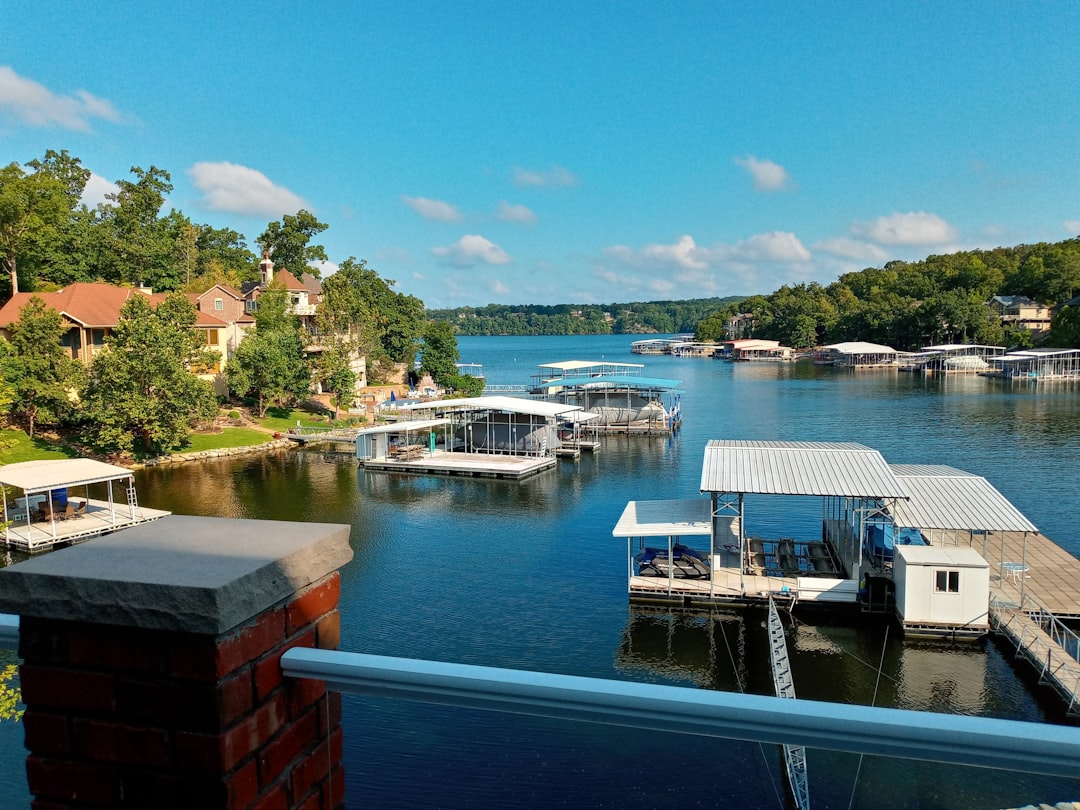Kansas City's community outreach for sexual abuse survivors focuses on creating safe spaces and building trust. Targeting at-risk populations, like youth and minorities, through culturally sensitive programs overcomes barriers like stigma and language issues. Partnering with local institutions and non-profits amplifies efforts, while collaborating with sexual abuse lawyers in Missouri ensures tailored legal support accessible to all diverse communities.
In Kansas City, addressing sexual abuse requires a strategic approach to community outreach. This comprehensive guide outlines effective strategies for survivors, focusing on targeted engagement within the local context. By understanding the unique needs of Kansas City’s communities, we can craft meaningful initiatives. We’ll explore how to build trust and collaborate with survivor groups, leveraging the expertise of a sexual abuse lawyer in Missouri to enhance support networks and foster healing.
Understanding the Need for Community Outreach in Kansas City

In Kansas City, community outreach plays a pivotal role in supporting survivors of sexual abuse. Given the sensitive nature of this issue, creating safe spaces and fostering trust is essential to encourage victims to come forward and access the help they need. Many survivors may face barriers such as stigma, fear of retaliation, or lack of awareness about available resources. Here, community outreach programs step in, aiming to break down these obstacles by raising awareness, providing education, and offering support services tailored to the unique needs of the local population.
Kansas City’s diverse demographics necessitate targeted strategies that resonate with different communities. A sexual abuse lawyer in Missouri often emphasizes the importance of cultural sensitivity and language accessibility when reaching out to potential survivors. By engaging community leaders, organizations, and trust-worthy individuals from various backgrounds, outreach efforts can be more effective, ensuring that no survivor is left unsupported due to language barriers or cultural differences.
Crafting Targeted Strategies to Reach Survivors

In developing effective community outreach strategies for survivors in Kansas City, crafting targeted approaches is paramount. This involves identifying specific communities and populations most at risk or affected by sexual abuse, such as youth, minorities, or low-income groups. By understanding the unique needs and barriers these communities face, organizations can tailor their messages and services accordingly. For instance, partnering with local schools, churches, and community centers in Missouri dedicated to serving diverse populations ensures accessibility and trust.
Additionally, leveraging partnerships with established organizations that work closely with survivors of sexual abuse—including non-profit groups, support networks, and legal aid institutions—can amplify outreach efforts. A sexual abuse lawyer in Missouri, for example, can collaborate with these entities to offer free workshops, raise awareness, and provide legal assistance tailored to the specific challenges faced by local survivors. Such targeted strategies not only enhance the impact of outreach programs but also foster a supportive ecosystem that empowers individuals to seek help and healing.
Building Trust and Collaboration: Engaging Survivor Communities

Building trust is paramount in community outreach, especially when engaging survivors of sensitive issues like sexual abuse. Survivor communities often have unique needs and experiences, making it crucial to approach them with empathy and understanding. A respected legal advocate or support group representative can initiate this by actively listening, acknowledging their struggles, and demonstrating genuine care. This foundation of trust paves the way for collaboration, where community members feel empowered to share resources, insights, and challenges openly.
When reaching out to survivor networks in Kansas City, it’s essential to recognize and respect the diverse cultural, socioeconomic, and ethnic backgrounds within these communities. Tailoring outreach efforts to address specific barriers each group may face, such as language or transportation difficulties, can significantly enhance accessibility and effectiveness. Collaborating with established local organizations that have built strong relationships with these communities can also facilitate a more inclusive and successful outreach strategy.





